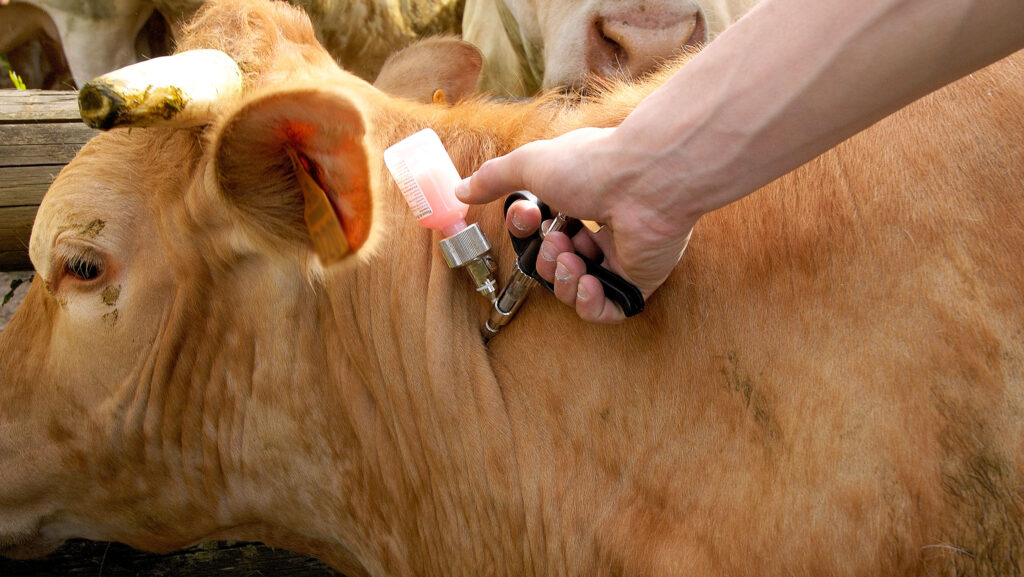Farmers given more details on bluetongue vaccines
 © AdobeStock/ S Leitenberger
© AdobeStock/ S Leitenberger Defra has provided further details on the use of three bluetongue BTV-3 vaccines, which are suppressive and aim to reduce clinical signs in infected animals but do not prevent infection.
The vaccines are only to be used under specific licenses, which initially will be rolled out over the coming days in a phased approach in high-risk areas such as Norfolk, Suffolk, and Essex.
Although the BTV-3 vaccines may help reduce clinical signs and mortality, they will not prevent animals from being infectious, Defra says. Therefore, existing movement controls and trade restrictions will still apply to vaccinated animals.
See also: Q&A: All you need to know about bluetongue disease
Boehringer Ingelheim announced that Defra has permitted the use of BULTAVO 3, a new BTV-3 vaccine, within high-risk counties.
The pharmaceutical company says this injectable vaccine has shown effectiveness in reducing viraemia (presence of BTV-3 virus in the blood) and preventing bluetongue virus mortality in sheep and cattle.
The vaccine was developed in collaboration with Bioveta to address the urgent need for effective control against BTV-3, a highly infectious viral disease which is spread by Culicoides (biting) midges, blown over from continental Europe.
Dr Christine Middlemiss, the UK’s chief veterinary officer, has urged livestock farmers in England to consult their veterinarians about vaccine access and continue monitoring their animals for signs of disease. Suspected cases must be reported to the authorities.
The vaccines are only available under veterinary prescription. Sheep will require one dose and cattle will require two doses, three weeks apart.
Farmer pays
The UK government is not offering to pay for the use of the vaccines, which will have to be paid for by the farmer. Each dose costs about £10.
The NFU and the National Sheep Association (NSA) both welcomed the emergency authorisation of the three BTV-3 vaccines, but stressed that they do not reduce infectivity and will not ease current movement controls.
NSA chief executive Phil Stocker said: “Although the vaccines are suppressive in nature rather than preventative they are expected to dampen symptoms, reduce suffering and mortality, and hopefully reduce the risk of further transmission.
“But as they will not prevent infection entirely, animals within control areas will still be subject to movement controls and trade restrictions.”
NBA caution
But Neil Shand, chief executive of the National Beef Association (NBA), struck a more cautious tone about the emergency use of these BTV-3 vaccines.
“There is a way to go yet in terms of how we understand the best use of the vaccines, both to ensure no future trading problems within Great Britain and understanding any longer term impacts of vaccinated cattle,” he said.
“Whilst it makes sense to use a vaccine to prevent disease and illness, asking someone to vaccinate a very high value pedigree bull at this moment is difficult.”
Meanwhile, despite the latest bluetongue outbreak, organisers of the NSA Wales & Border Main Ram Sale, say the event is still due to go ahead as planned at the Royal Welsh Showground, Builth Wells, Powys, on Monday 23 September.
